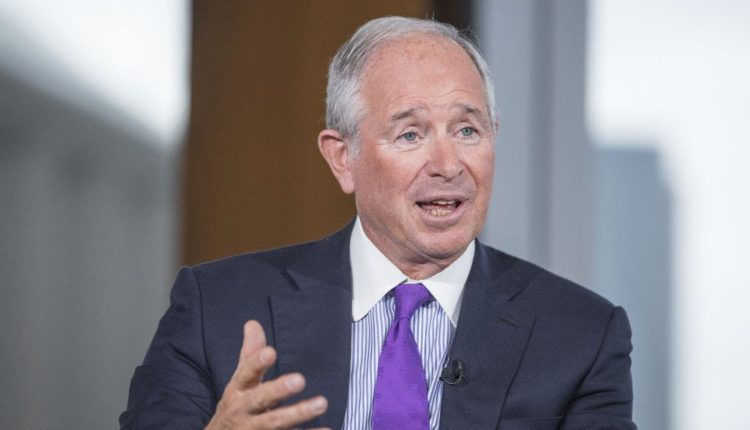Blackstone CEO Stephen Schwarzman believes employees slack off when they work remotely, and that is a reason companies are having difficulty luring many back to the office.
The billionaire, whose firm is heavily invested in commercial real estate, made the claim during a panel discussion this week at the Future Investment Initiative summit in Saudi Arabia known as “Davos in the Desert,” according to multiple reports.
“During the pandemic, people got used to staying at home,” Schwarzman said, according to CNN. “It was actually more profitable for them to stay home because one, they didn’t work as hard, regardless of what they told you.
“Second, they don’t spend money to commute,” Schwarzman added, “They can make their lunch at home. They don’t have to buy expensive clothes, so their incomes are higher.”
REMOTE WORK FOR THE WIN: HOW IN-OFFICE REQUIREMENTS ARE HURTING COMPANIES
The Blackstone chief said he estimates roughly 20% of office buildings in the U.S. are vacant, while another 20% are leased but empty, according to the outlet.
| Ticker | Security | Last | Change | Change % |
|---|---|---|---|---|
| BX | BLACKSTONE | 89.61 | -1.89 | -2.07% |
Schwarzman also expects more companies to reduce the amount of office space they rent when existing leases expire and predicted many buildings will become “un-survivable as economic entities.”
HOW BLACKSTONE CELEBRATED S&P 500 INCLUSION
According to Bloomberg, which first reported on Schwarzman’s remarks, Blackstone’s employees are “generally expected to be at their desks five days a week.”
While some corporate CEOs, including Goldman Sachs’ David Solomon and Tesla’s Elon Musk, have criticized remote work and require employees to be in the office full time, remote and hybrid working situations are still popular enough that demand for office space remains down significantly from pre-pandemic levels.
A study from consulting firm McKinsey earlier this year found Americans’ embrace of remote work could erase $800 billion in value from office buildings in major cities by 2030, and in-office attendance is still expected to be about 13% lower by that time compared to the period before COVID hit.
FOX Business’ Megan Henney contributed to this report.
Read the full article here

